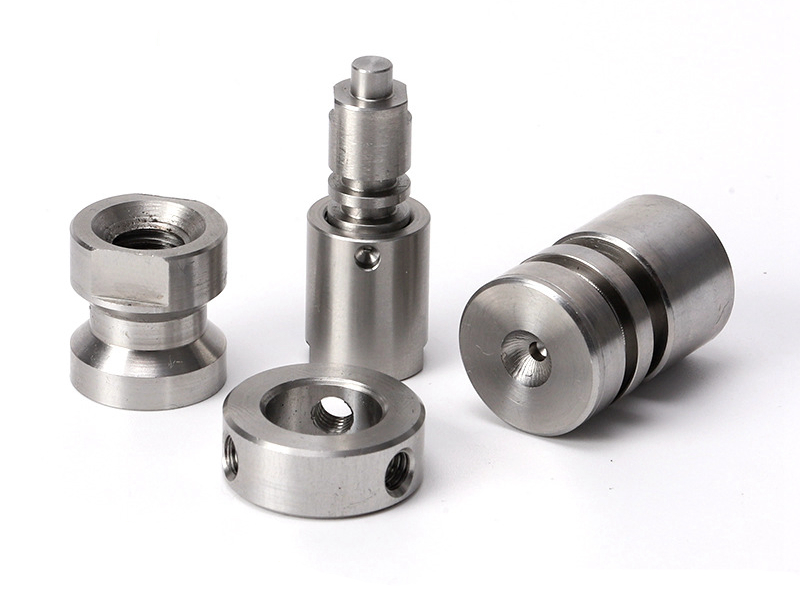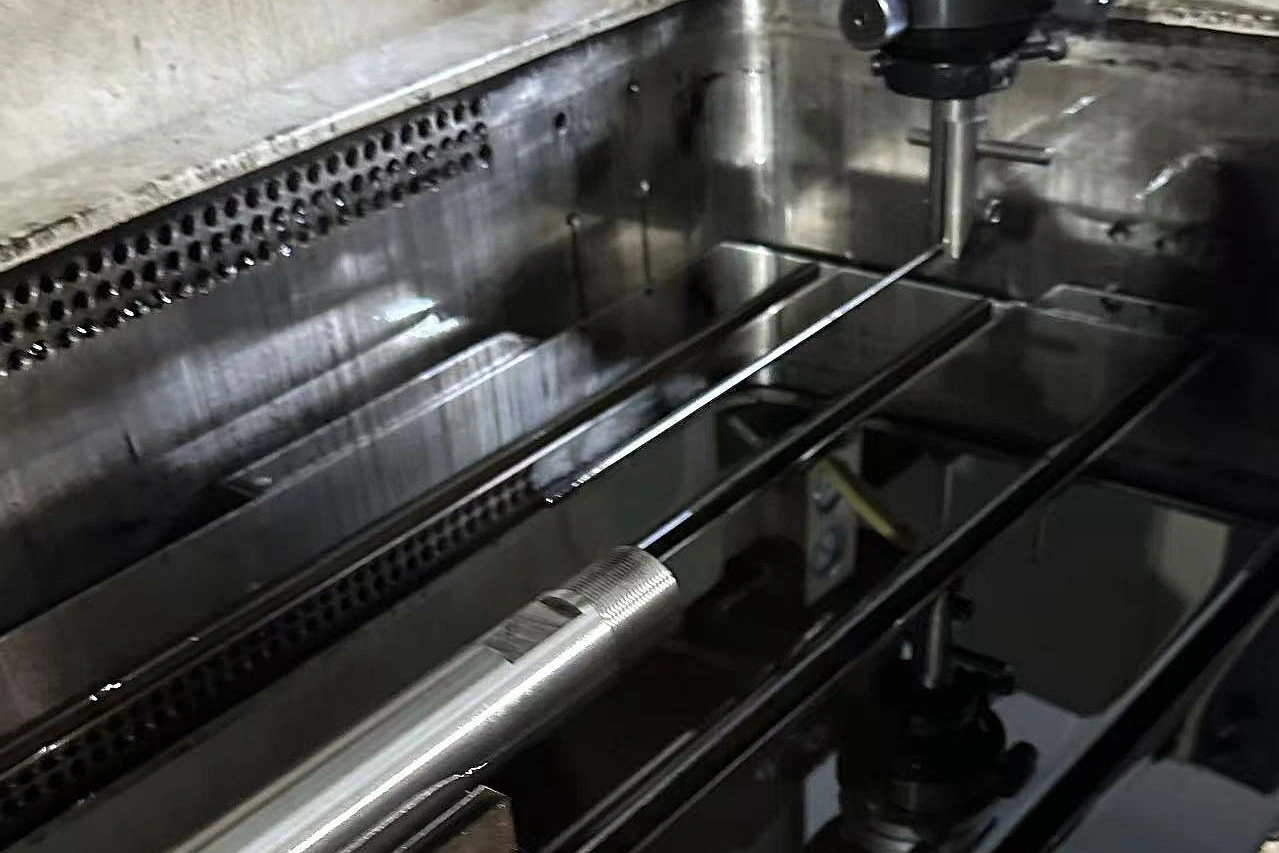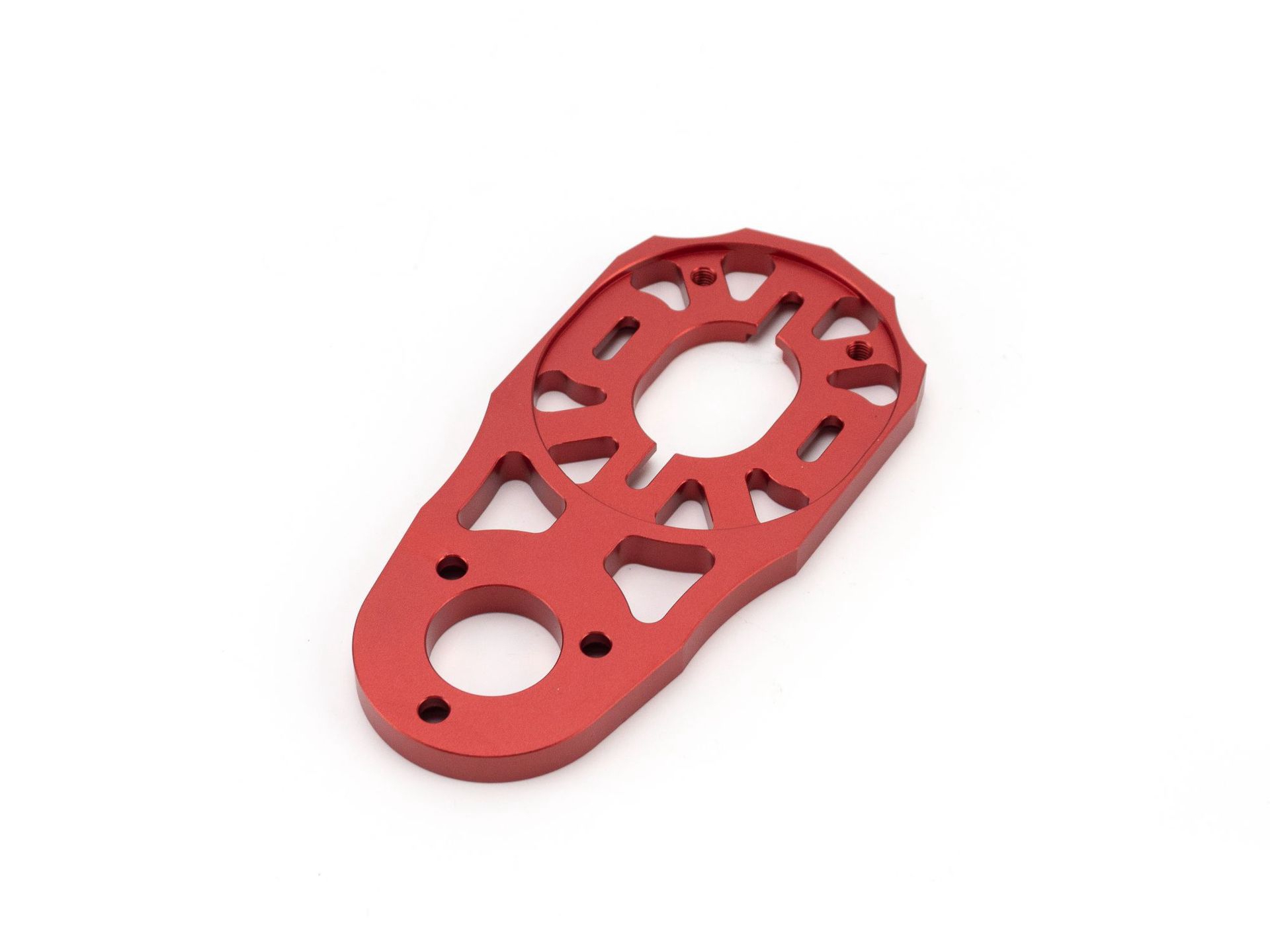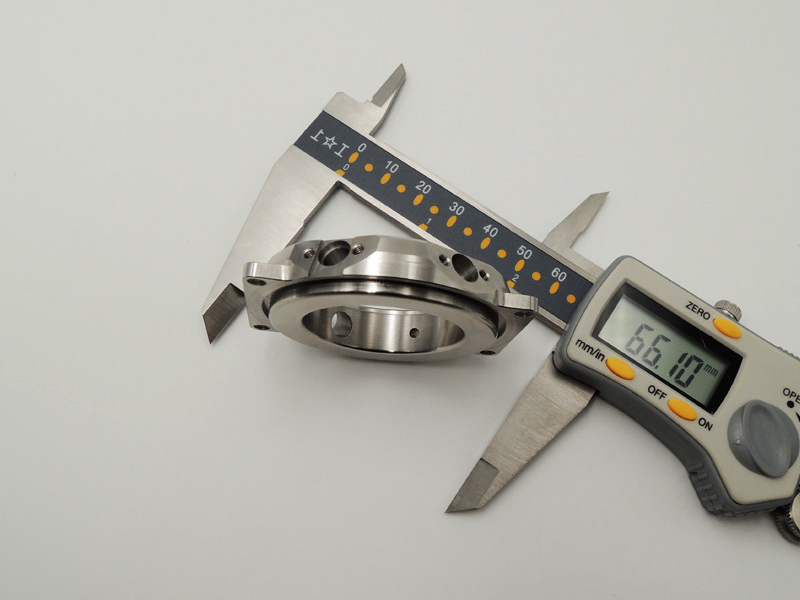Custom 304 Stainless Steel Hydraulic Parts for Automotive Industry
Project Background and Industry Requirements
Hydraulic systems in modern automotive applications demand high-performance components that combine dimensional precision, strength under pressure, and corrosion resistance. A Tier-1 automotive client partnered with Neway to produce custom stainless steel hydraulic parts using 304-grade material. The parts were designed for tight tolerance fits within high-pressure fluid circuits such as braking and steering systems.
Stainless steel 304 was chosen for its balance of strength (tensile strength ~505 MPa), corrosion resistance in hydraulic fluids, and cost-effectiveness in volume production. The customer required complex external profiles, sealing surfaces, and tight internal tolerances, making CNC turning and milling the optimal solution.
CNC Manufacturing Process Overview
CNC Milling for External Geometry and Features
We began with CNC milling services to shape the complex profiles, mounting surfaces, and housing geometry. Using precision 3-axis and 4-axis milling equipment, we machined within ±0.05 mm tolerance for the external interfaces and critical face-to-face dimensions.
CNC Turning for Cylindrical and Internal Features
Next, our stainless steel CNC turning services were used to produce sealing bores, threaded features, and precision cylindrical fits. With advanced toolpaths and rigid setups, we achieved tolerances down to ±0.01 mm and surface finishes of Ra 0.8 μm, ideal for O-ring grooves and hydraulic sealing areas.

Surface Passivation Treatment
To ensure long-term corrosion resistance, all components underwent passivation, as detailed in our Passivation Treatment Guide. The process removed residual iron particles and formed a uniform chromium oxide layer. Parts passed salt spray testing for over 96 hours, as per ISO 9227, without failure.
Dimensional Control and Inspection Results
Every part was subject to in-process and final inspection using calibrated metrology tools. Key measured parameters included:
Feature | Tolerance | Inspection Method |
|---|---|---|
Sealing bore diameter | ±0.01 mm | CMM, bore gauge |
Milled flange flatness | ≤ 0.03 mm | Granite surface plate |
Thread pitch accuracy | ISO 6g standard | Thread gauge |
Surface roughness | Ra ≤ 0.8 μm | Profilometer |
Sampling was conducted under AQL 0.65, with first article inspection (FAI) reports submitted for customer approval.
Customer Outcome and Performance Results
After installation, the custom hydraulic parts demonstrated perfect seal integrity with zero leakage during 100-bar system pressure testing. The customer reported a 15% reduction in assembly time due to improved dimensional consistency. As a result, Neway was selected as a preferred supplier for additional series production in their braking system division.
Why Choose Neway for CNC Stainless Hydraulic Components
We offer full one-stop CNC machining services, including material sourcing, machining, passivation, and QC reporting.
Our stainless steel CNC turning and milling operations support ultra-precise tolerances and clean internal geometries, which are critical for hydraulic sealing.
Experience in automotive industry applications, supplying precision fluid control parts, brackets, valves, and fittings with proven reliability.
In-house quality control and traceable production ensure every component meets ISO 9001:2015 and customer-specific documentation standards.
FAQs
What tolerances can be achieved for sealing bores in stainless steel hydraulic parts?
How does passivation protect stainless steel in hydraulic applications?
What machining strategies are used to ensure thread integrity in 304 components?
Can Neway handle PPAP documentation and FAI reports for automotive customers?
What is the typical lead time for stainless steel CNC hydraulic parts?



